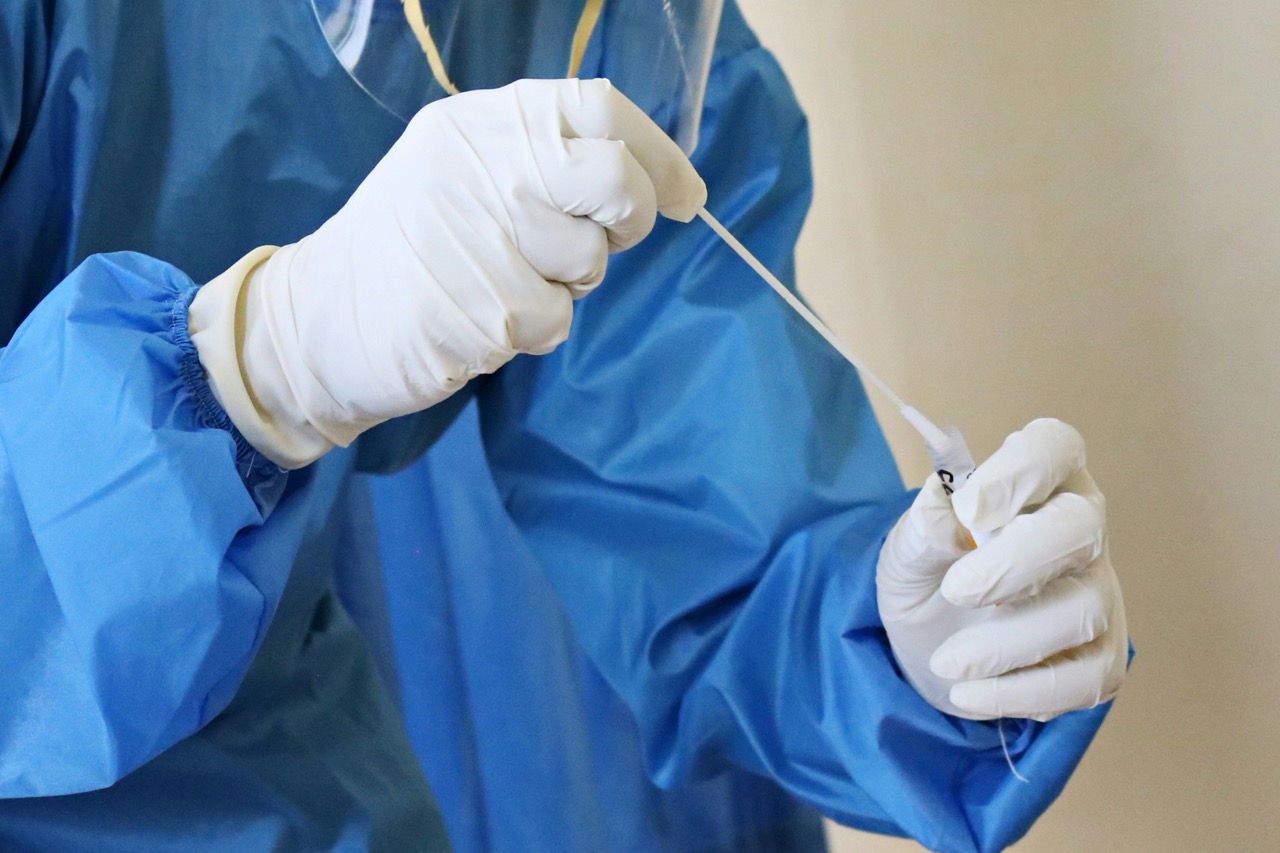Human Papillomavirus (HPV) is one of the most common sexually transmitted infections worldwide, affecting millions of people each year. While many individuals associate HPV with serious health risks, such as cervical cancer, there is a wealth of information that can help demystify this virus and empower those diagnosed with it. The question often posed is, "Can you still have a normal life with HPV?" This article aims to address this concern by exploring common myths and facts about HPV, how it affects health, management strategies, and preventive measures.
Understanding HPV: Common Myths and Facts Explained
HPV is a collection of more than 200 related viruses, some of which can lead to serious health complications, while others are relatively harmless. One of the most prevalent myths is that HPV is synonymous with cancer. In reality, most HPV infections resolve on their own without causing any health problems. The immune system is capable of clearing the virus in about 90% of cases within two years, which highlights the importance of understanding that not all HPV types are dangerous.
Another misconception is that HPV only affects women. While it is true that certain strains of HPV are linked to cervical cancer, many strains can also cause health issues in men, including genital warts and an increased risk of certain cancers, such as anal and oropharyngeal cancer. It is crucial for both sexes to be educated about HPV and its potential health effects, as awareness can lead to better prevention and management strategies.
Finally, there is a belief that having HPV reflects promiscuity or poor sexual choices. In truth, HPV is extremely common and can be transmitted through skin-to-skin contact, not just sexual intercourse. Because of its prevalence, it is likely that most sexually active individuals will contract at least one type of HPV in their lifetime. Understanding these facts can alleviate the stigma associated with HPV and encourage open conversations about sexual health.
How HPV Affects Health: Symptoms and Screening Options
While many HPV infections are asymptomatic, some strains can lead to visible symptoms, such as genital warts. These warts may appear as small bumps or clusters in the genital area and require medical treatment for removal. In women, certain high-risk strains of HPV can lead to changes in cervical cells, which may be detected through regular Pap smears and HPV testing. Early detection of these changes is vital, as it allows for monitoring and intervention before cancer develops.
It’s important to understand that the majority of people with HPV will not experience any health issues over their lifetime. However, for those who do, the risk of developing more severe conditions, such as cervical cancer, can be significant. Routine screenings, such as Pap tests for women and educational resources for men, can play a crucial role in identifying potential health problems early on and managing them effectively.
For those diagnosed with HPV, it’s essential to communicate openly with healthcare providers to understand personal risk factors, symptoms, and appropriate screening schedules. Establishing a healthcare routine that includes regular check-ups can help individuals manage their health proactively and reduce anxiety surrounding the virus.
Living with HPV: Managing Your Health and Relationships
Living with HPV doesn’t mean you cannot lead a fulfilling life. Many individuals find ways to manage their health effectively while maintaining their normal routines. This includes staying informed about the virus, understanding their personal health status, and seeking appropriate medical care when necessary. Education is a powerful tool that can help individuals navigate their experience with HPV and reduce feelings of fear or shame.
When it comes to relationships, open communication is key. Sharing your HPV status with partners can be challenging, but it is essential for maintaining trust and ensuring both parties are informed about potential risks. Many partners will appreciate your honesty and may even share their own experiences, fostering a supportive environment. Additionally, practicing safe sex measures, such as using condoms and dental dams, can help reduce the risk of transmitting HPV to partners.
Mental and emotional well-being also plays a critical role in managing life with HPV. Many individuals experience anxiety and worry about the long-term implications of the virus. Seeking support from mental health professionals or joining support groups can provide valuable coping strategies and a sense of community. Remember, HPV is a common virus, and with the right resources and support, you can lead a healthy and fulfilling life.
Prevention Strategies: Vaccines and Safe Practices for HPV
Prevention is an effective way to manage the risks associated with HPV. The HPV vaccine, which is recommended for preteens but can be given to young adults up to age 26, protects against the strains of the virus most commonly associated with cervical cancer and genital warts. The vaccine has been shown to significantly reduce the incidence of HPV-related diseases, making it a critical tool in public health efforts.
In addition to vaccination, practicing safe sex is essential in preventing HPV transmission. This includes consistent and correct use of condoms, limiting the number of sexual partners, and engaging in mutual monogamy. While condoms do not provide complete protection against HPV, they can significantly reduce the risk of transmission and other sexually transmitted infections.
Regular health screenings, such as Pap smears and HPV tests for women, can also serve as effective preventive measures. By adhering to recommended screening guidelines, individuals can maintain their health and detect any changes early on. Overall, a combination of vaccination, safe sexual practices, and routine screenings can significantly reduce the risks associated with HPV and promote overall well-being.
In conclusion, living with HPV is a reality for many individuals, but it does not define one’s quality of life. By dispelling common myths, understanding the health implications, and implementing effective prevention strategies, those affected can lead normal, healthy lives. Open communication with healthcare providers and partners, along with a proactive approach to health management, can empower individuals to navigate their HPV journey confidently. Remember, HPV is common, and with the right knowledge and support, you can thrive despite the diagnosis.










